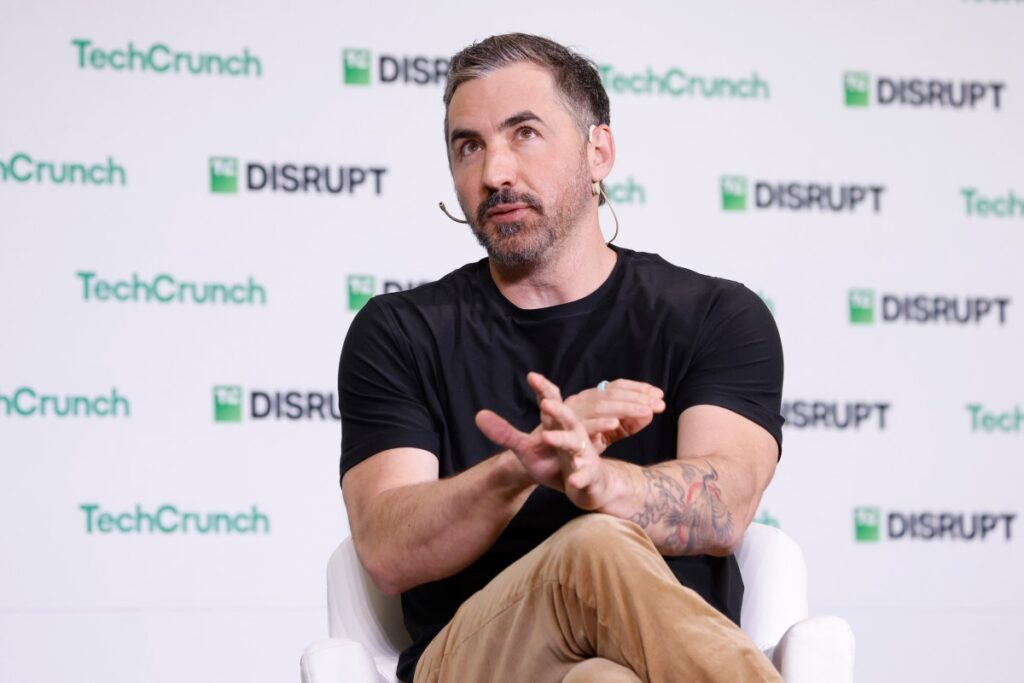“The idea that the internet is dying is real,” Reddit co-founder Alexis Ohanian told Digg founder Kevin Rose, referring to the idea that the internet is mostly bots rather than humans.
Since then, the two entrepreneurs have teamed up to reimagine the way we build social communities in a world where it will soon be difficult to distinguish who is authentic online.
Earlier this year, the two purchased the remaining assets belonging to Digg. Digg was originally founded by Rose and was a long-shuttered news aggregation site that was a staple of the Web 2.0 era.
Now under Rose’s control again, the new Digg is creating a place for people to interact and connect online within a community, similar to Reddit, but with different ideas about how such a platform should work now that bots are almost indistinguishable from humans.
Backstage at the TechCrunch Disrupt 2025 conference on Wednesday, Rose explained that he believes the future of social will be more focused on protected online spaces and “micro-communities of trusted users.”
“You have to imagine that bots will start behaving as if they were humans because the cost of deploying an agent will be almost zero,” he said. “So it’s about a small, trusted community, the evidence of a heartbeat, that there’s an actual human being on the other end.”
But today’s authentication methods often include facial recognition, ID uploads, and small credit card payments to ensure someone is who they say they are and not a bot. Of course, anyone online would be comfortable doing something like that to access an online social community.
As such, Digg is considering using new technologies such as ZK Proof (ZKP) to authenticate users using the platform in the future.
ZKP is “fancy math” and doesn’t reveal who someone is, Rose said, but it can verify something important for participation in online communities.
For example, moderators of a community for Oura ring owners can use this technology to verify that someone is actually an Oura ring owner before allowing them to post. That identity remains with them and they may be known as a trusted member, but not necessarily a member who must go by their real name. This can also be particularly useful in communities focused on sensitive topics or health issues.

The idea that moderators should have more of a say in the community is also essential to the new Digg, and Rose believes these founding members should be rewarded for their efforts.
“When we first started Digg in 2004 (before Reddit), we were very fortunate because we had thousands and thousands and ultimately millions of people joining us and contributing content,” Rose said during a panel discussion at the TechCrunch Disrupt event. “And they’re not getting paid.”
He said some Reddit moderators work essentially 24/7 to deal with spam and fighting, but they don’t receive a cut of the revenue or control the audience.
“You sign up and you’re creating all this value on a platform, but you can’t port that platform anywhere else. You can’t get an email address. You can’t continue to communicate on that platform. You can get kicked out.” [from] That platform,” he said.
Rose also pointed to the issue of potentially trademarking the larger Reddit community, an issue that prevents the founders of the r/WallStreetBets subreddit from writing books using the name of the community they created.
“If anything, we should be more like Substack or Patreon or other services that actually give you more control over your community,” he says.
Source link

